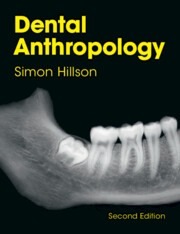Chorion type may significantly influence the prenatal environment of twins. This study explored the associations between chorion type and gestational age, birth weight, birth length, and the timing of emergence of the first primary tooth in two populations of twins, Australian and Dutch. Additionally, we investigated the relationship between chorion type and birth weight discordance (BWD) in order to determine whether a significant relationship existed between discordance in birth weight and discordance in the timing of emergence of the first primary tooth. The two study samples consisted of 409 Australian twin pairs and 301 Dutch twin pairs, all of European ancestry. Data were collected through a combination of questionnaires and recording charts administered to the parents and through linkage with biological databases. In the Australian sample, monozygotic monochorionic (MZMC) twins experienced the shortest mean gestation time (35 weeks), the lowest mean birth length (46 cm) and the lowest mean birth weight (2.3 kg) compared with other twin groups. For the same variables in the Dutch sample, these trends with MZMC twinning were not observed. Chorion type did not significantly affect the mean timing of emergence of the first primary tooth in either sample. Monochorionicity was found to be significantly associated with BWD in both samples, but there was a significant association between BWD in MZMC twin pairs and timing of emergence of the first primary tooth only in the Australian sample. Results from this study support previous findings that the timing of emergence of the first primary tooth is influenced strongly by genetic factors and is well protected from environmental disturbances.
